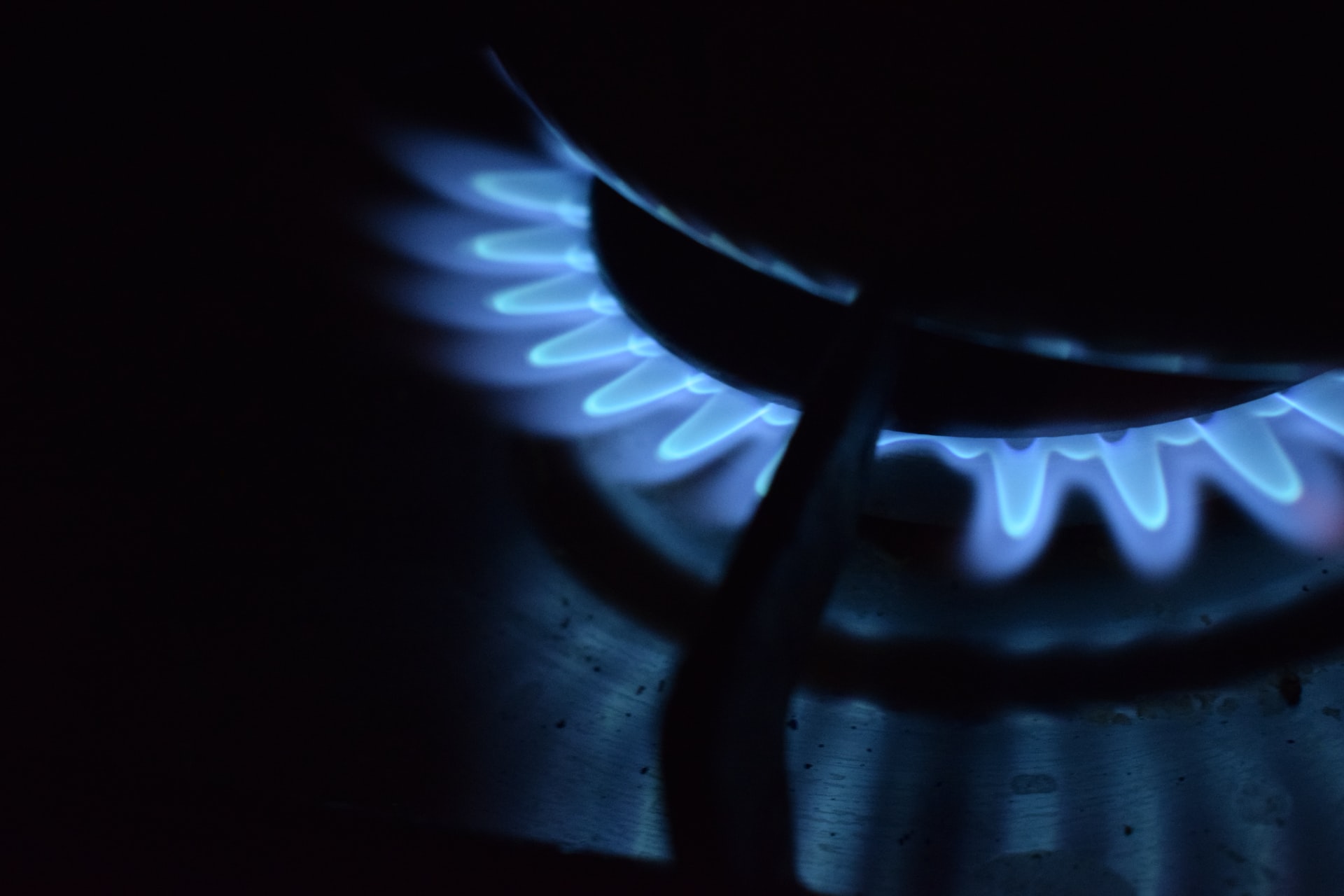Why gas prices drop a bit

European gas prices continue to fall, but bills have not: here are the real causes (the price cap has nothing to do with it). Sergio Giraldo's analysis
The price of gas on the futures markets continues to fall . Yesterday the future on the Dutch market of the TTF for the month of February reached a minimum of 64 €/MWh, bringing the drop in prices to -52% since mid-December.
WHAT (DOES NOT) CHANGE FOR BILLS
The tariff of the protected market for the month of December instead rose by 27%. This is due to the different method of updating , introduced last July by the sector authority, the ARERA , with respect to the futures markets. The current indexing of the conditions for the protected market in fact refers to the daily physical market at the Italian hub, the PSV, which saw still very high prices throughout the first half of December, higher than those in November, with a gradual drop in prices only at the start of the holidays.
Therefore, what we are witnessing is only an apparent paradox, given by the different reference markets and the different time frames. It should also be noted that the conditions established by the ARERA for customers who are not on the free market are aimed at a portion of users who are "protected" not in terms of price, but in terms of counterparty. Indeed, the conditions for supplying the protection service are not an administered or "calmed" tariff, but in any case refer to market prices. This is imposed by the liberalization of the sector, started by the European Union twenty-five years ago and which should lead to the definitive cancellation of the "protection" from 2024 to leave room for the free market only.
THE CAUSES OF THE FALL IN GAS PRICES
It is worth noting that gas futures prices are falling for a combination of reasons, three in particular. First of all, a mild winter such as few have remembered so far, with almost spring-like temperatures in large areas of the continent. This drastically lowers the demand for gas for heating and avoids having to withdraw gas from storage, which thus remains at good levels and alleviates the worries of having to find a lot of gas in the summer for refilling. In summary, the current high temperatures also help to bring down gas prices for delivery in spring/summer.
The second reason for the drop in prices is the generalized collapse in the demand for industrial gas, which in 2022 in Italy recorded -15%, but which in December was around -30%. The decline in industrial consumption is not linked to the climate, but to high prices which have forced companies to reduce consumption, thus reducing industrial output in order not to produce at a loss, as can be seen from ISTAT data. It took very high prices to see an induced reduction in demand, but this has finally arrived. At the moment it is difficult to understand whether and to what extent energy consumption in industry will recover, also due to the recession that blows every other week.
The third reason driving the price drop is given by the supply conditions. The mild temperatures have in fact lightened the situation of the French electricity system, which, despite still lacking no less than 10,000 megawatts of power from nuclear power plants, has not undergone particular stress so far. There was therefore no need, as was feared in case of cold, to make up for it with electricity from gas-fired plants (or with energy imported from Italy, which mainly produces gas). Furthermore, in Germany the conditions of high winds have meant that a large part of the electricity requirement is satisfied by wind farms, also decreasing the request for integrations with gas-fired plants in this case as well. Finally, the gas arrives from the pipelines without problems, the LNG ships unload as expected and at the moment there are no particular disturbances in sight on these flows.
THE NON-EXISTENT CONTRIBUTION OF THE PRICE CAP
Naturally, everything can change at any moment, since the sector is still in the midst of a structural crisis. Unfortunately, it takes very little to bring prices back up.
We talked about the fundamental variables that move prices. Among these, despite the invocations of many politicians and journalists, the price cap invented by the European Union does not figure, which lacks the slightest credibility from the point of view of economic fundamentals.
Let's summarize: after having structured an asymmetrical continental market with a concentrated supply over the years, due to Germany's short-sightedness with its Nord Stream gas pipelines, the EU has demanded to replace the 150 billion cubic meters of gas it imported in a few months from Russia with other gas from other suppliers. This restructuring involved exorbitant costs and had devastating impacts on inflation, economic growth and public debts of core and peripheral eurozone countries.
To such an epochal disaster that has its roots in twenty years of ideology, does Brussels really intend to remedy, even if only partially, by introducing a "price cap" which should limit the fluctuations in prices? And is it conceivable that “the market” believes in it? Or that, above all, citizens believe it?
This is just a crude political bend to market mechanisms, one that usually ends in disaster. The European Union has played the sorcerer's apprentice, and the price of its stubborn ideological vision now rests entirely on the citizens' shoulders.
This is a machine translation from Italian language of a post published on Start Magazine at the URL https://www.startmag.it/energia/calo-prezzi-gas-cause/ on Thu, 12 Jan 2023 07:50:19 +0000.
